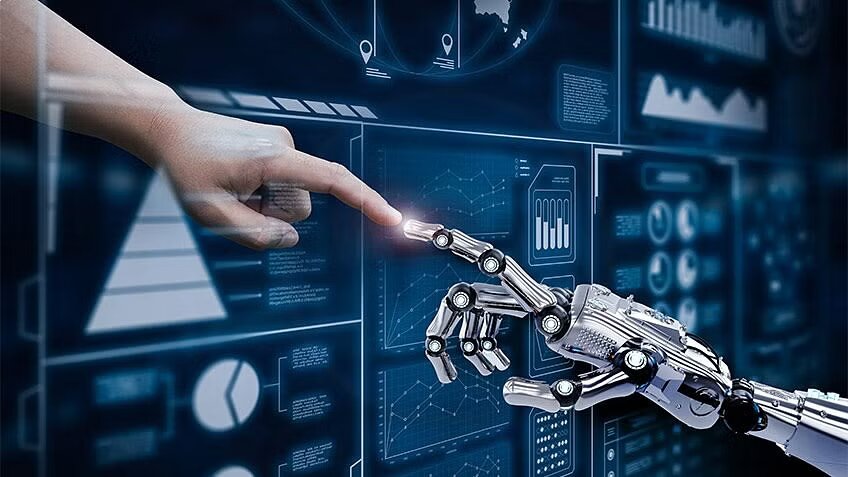In the battle against climate change, technology emerges as a pivotal ally, and at the forefront stands Artificial Intelligence (AI). As our planet faces unprecedented environmental challenges, the integration of AI into various sectors offers innovative solutions and strategies to mitigate and adapt to these changes. From optimizing energy consumption to revolutionizing agriculture and facilitating climate modeling, Machine learning is proving to be a catalyst in fostering a sustainable future.
AI in Energy Efficiency:
The energy sector accounts for a significant portion of global greenhouse gas emissions. AI plays a crucial role in optimizing energy consumption and reducing waste. Smart grids, empowered by AI algorithms, efficiently manage energy distribution, balance demand and supply, and integrate renewable sources like solar and wind power. Predictive analytics help anticipate energy needs, enabling better resource allocation and reduced carbon footprints.
Precision Agriculture:
With a growing population and changing climate patterns, agriculture faces immense challenges. AI-driven precision agriculture revolutionizes traditional farming methods. Sensors, drones, and AI algorithms analyze data to optimize irrigation, monitor soil health, and predict crop yields. This precision minimizes resource use while maximizing productivity, contributing to sustainable food production.
Climate Modeling and Prediction:
Understanding and predicting climate patterns are essential for developing effective strategies to combat climate change. AI processes vast amounts of data collected from satellites, weather stations, and other sources to create sophisticated climate models. These models help scientists simulate various scenarios, predict climate trends, and assess the impact of interventions, aiding policymakers in making informed decisions.
Natural Disaster Management:
The increasing frequency and intensity of natural disasters pose significant challenges. AI assists in disaster management by analyzing historical data to predict and prepare for disasters. Machine learning algorithms can process real-time information during emergencies, aiding in evacuation planning, resource allocation, and post-disaster recovery efforts.
Circular Economy and Waste Management:
Transitioning towards a circular economy—where resources are reused, recycled, or repurposed—is critical for sustainability. AI-powered systems optimize waste management by identifying recyclable materials, improving sorting processes, and minimizing landfill contributions. This integration of AI streamlines the recycling chain, reducing environmental impact.
Challenges and Ethical Considerations:
Despite its potential, AI implementation in climate solutions faces challenges. Access to data, algorithm bias, and the ethical implications of AI decision-making are crucial concerns. Ensuring equitable access to technology and addressing biases in AI algorithms are imperative to prevent exacerbating existing societal disparities.
Collaborative Efforts for a Sustainable Future:
The intersection of AI and climate change requires multidisciplinary collaboration. Governments, industries, researchers, and communities must work together to leverage AI innovations effectively. Policies supporting AI research, development, and deployment in sustainable initiatives are vital for driving progress.
AI stands as a beacon of hope in the fight against climate change. Its potential to optimize resource use, enhance predictive capabilities, and drive innovation offers promising solutions for a sustainable future. However, responsible deployment, ethical considerations, and inclusive approaches are pivotal in harnessing AI’s power for the collective benefit of humanity and the planet.
In this era where technology shapes our future, the synergy between AI and sustainability becomes a beacon of hope—a testament to our capacity to innovate and address the most pressing challenges of our time.
As we navigate the complex terrain of climate change, the fusion of AI and sustainability presents not just a technological advancement, but a moral imperative—a commitment to safeguarding our planet for generations to come.





